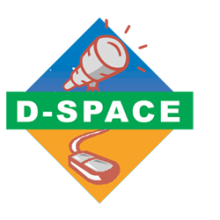
Hosted by , contributed by Kyriaki_Vakkou on 13 December 2022
With the shift towards the knowledge society, the change of working conditions and the high-speed evolution of digital technologies, people’s knowledge and skills need continuous updating. The main challenge in education is to help students develop skills needed in the 21st century (problem solving, critical thinking, collaboration, creativity). Powerful new technologies promise to transform education and training in ways previously were unimaginable. This can be made by incorporating digital technologies to enable new learning environments, in or out of school. There are many challenges in the process of educational innovation that must be addressed in order to take advantage of these technologies to improve learning.
The Eudoxos project offered young people the opportunity to use scientific instruments, specifically robotic telescopes, in the context of their normal school curriculum. The project contributed to the access to and sharing of advanced tools, services and learning resources not only between schools, but also among science museums and research centres. Specifically, the project presented an ICT-based environment, along with educational material to support science instruction at secondary school level. The learning material created aimed to teach students concepts and ideas of science of a multidisciplinary nature spanning mathematics, statistics, chemistry, physics etc., and of course, astronomy, astrophysics and cosmology. A pedagogical framework and implementation guidelines accompany the learning material for a successful classroom intervention.
Studying astronomy in science classroom by using robotic telescopes remotely, supported the development of a better understanding of the role of science in society and brought science and scientific subjects closer to students. Open science, scientific methodology and the realistic demonstration of the concepts and principles of science have been integrated in school teaching. Students developed a fruitful enthusiasm for studying natural sciences and cultivated key skills for future citizens and scientists such as collaborative work, creativity, adaptability and intercultural communication.